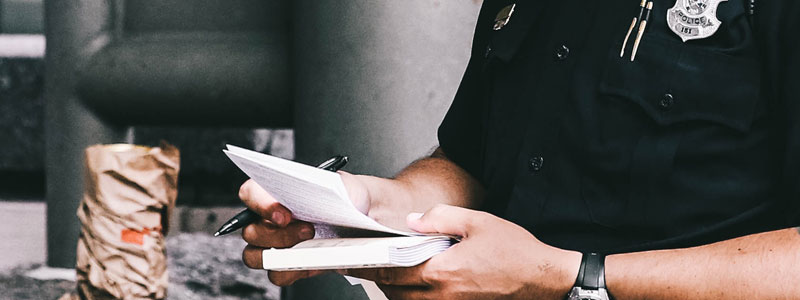The Police Report of My Car Accident Is Wrong. Can I Get It Changed?
If a person is injured in a car accident or there is greater than $1,000 in property damage, you are legally required to call the police to the accident scene. Why? An officer will arrive, interview drivers, passengers, and eyewitnesses, and will draw up their findings in an official document called a police report. Police […]

Available 24/7
Free Case Review
You won’t pay any fees until we win your case.
It’s easy - you can:

